Singleton Farm to support more than 420 jobs as Top End businesses invited to take part
The potential economic benefits of a controversial Northern Territory horticulture project have been revealed. Here’s what it means for Territorians.
Business
Don't miss out on the headlines from Business. Followed categories will be added to My News.
An economic review by engineering and environmental consultants GHD has assessed potential benefits of the proposed $250m Singleton fruit and vegetable farm in the Barkly.
The proposal includes about 3300ha of “intensive integrated” fruit and vegetables, with a small crop of trees, vines and vegies currently being trialled.
The review coincides with a business event in Darwin on Monday afternoon to brief operators on the local opportunities the project will deliver.
The review said, when fully developed, annual revenue from fruit and vegetable production at Singleton Farm was estimated to be $200m “in nominal terms” – which would mean an increase of almost 60 per cent on current Territory horticultural output and about 45 per cent of gross regional product for the Barkly.
Mandarins will be Singleton’s primary crop along with sultanas, table grapes, carrots and onions.
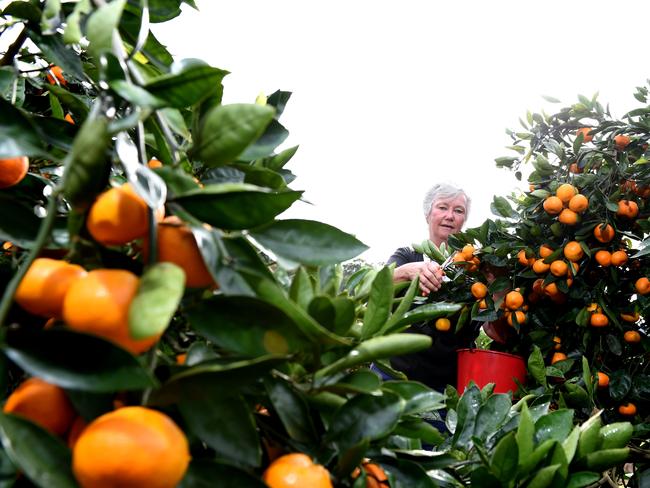
There is also potential to grow avocados, mangoes, Chinese dates and other citrus fruit at what would be by far the Territory’s largest horticulture project – and one of the largest in Australia.
About 130km south of Tennant Creek on Singleton Station in the Western Davenport region, developer Fortune Agribusiness has stood by the project despite legal challenges by the Arid Lands Environment Centre and the Mpwerewpwer Aboriginal Corporation.
They were challenging the November 2021 decision by then acting Agriculture Minister Kate Worden to approve a 40000-megalitre a year water extraction license to the project.
That decision ticked off on an April 2021 ruling by the Department of Environment, Parks and Water Security to grant the 30-year groundwater extraction license.
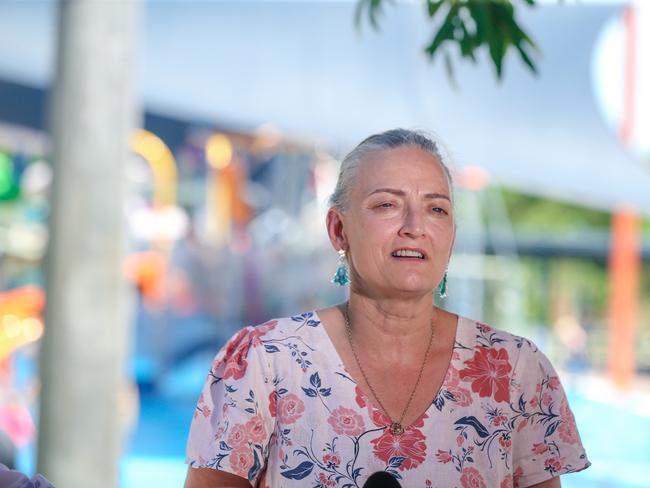
Singleton will be developed over nine years in four stages with a 12-gigalitre allocation for stage one.
The 40-gigalitre annual allocation will be accessed in full when all crops are mature by year 13.
The GHD report addressed Fortune Agribusiness’ response to the water license and subsequent changes made to address those concerns.
“Staged development will allow comprehensive monitoring of groundwater and vegetation, and adaptive management if negative trends are observed,” the GHD report said.
It said Fortune “substantially” modified its stage one development plan from two to three years.
“This will allow more time to monitor the aquifer performance and further adjustment of the development program if needed,” it said.
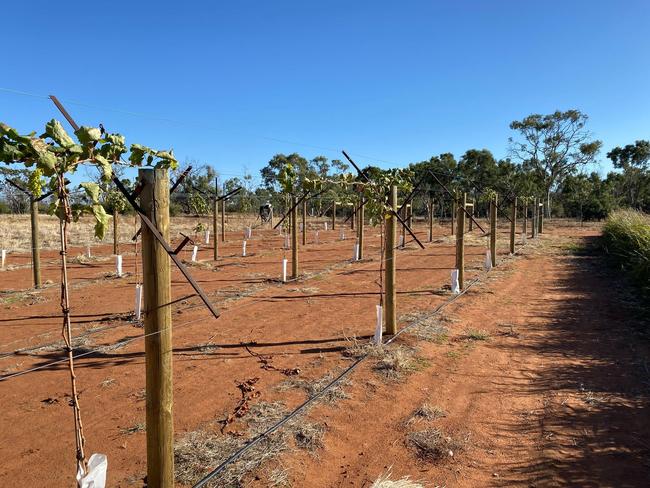
“A detailed report will be published annually on the behaviour of the aquifer comparing the monitored trends in the water table levels with those scientifically predicted.”
The company has relocated the borefield west due to reduce its impact on groundwater systems, the community hub has shifted to avoid flood areas and nature corridors will be retained. GHD’s report described the farm as a “pioneer investment” and “economic catalyst” that will herald the development of a potentially major new industry for NT.
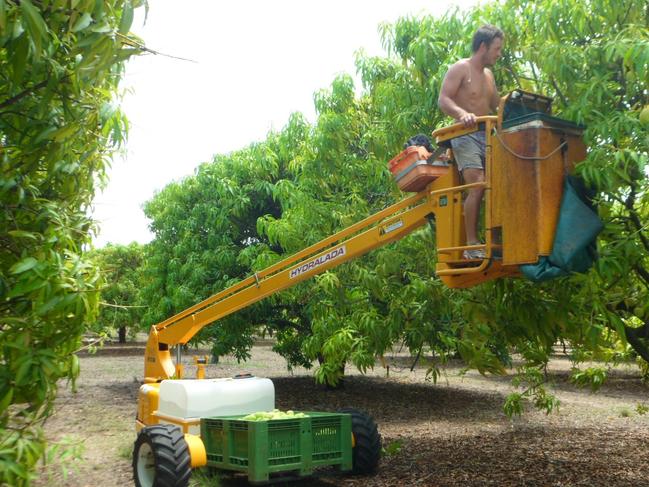
While the Singleton permit is the largest water allocation ever in the NT, the review said the 40GL maximum water allocation is 0.03 per cent of the underlying water resource.
When fully developed, more than $90m of the farm’s operational expenditure will be spent each year on wages, materials, electricity, fertiliser “and other inputs”.
The review said from construction to production the farm would create and sustain over 420 direct and indirect full-time equivalent jobs.
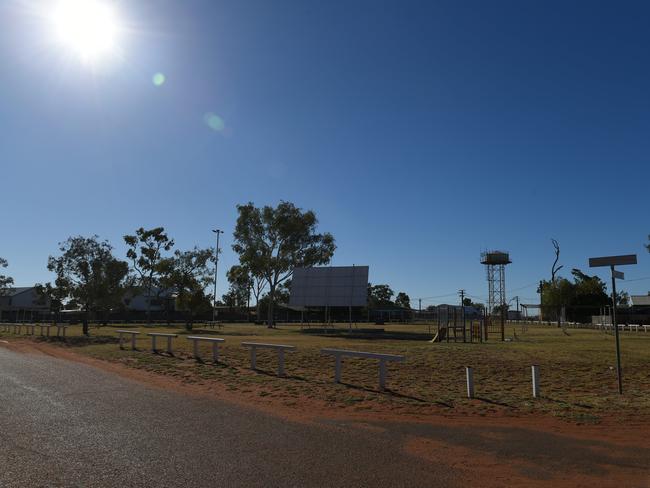
Other project benefits touted in the review included production of a seasonal vegetable crop for Tennant Creek and surrounding areas, a bush-tucker plot managed by traditional owners, development of a high-speed communication network, solar farm and updated power transmission line accessible by residents in Ali Curung and development of processing, packing and cold storage facilities.
The business briefing will be held on Monday, January 23, from 4pm to 5.30pm at Vibe Hotel on Darwin Waterfront.





